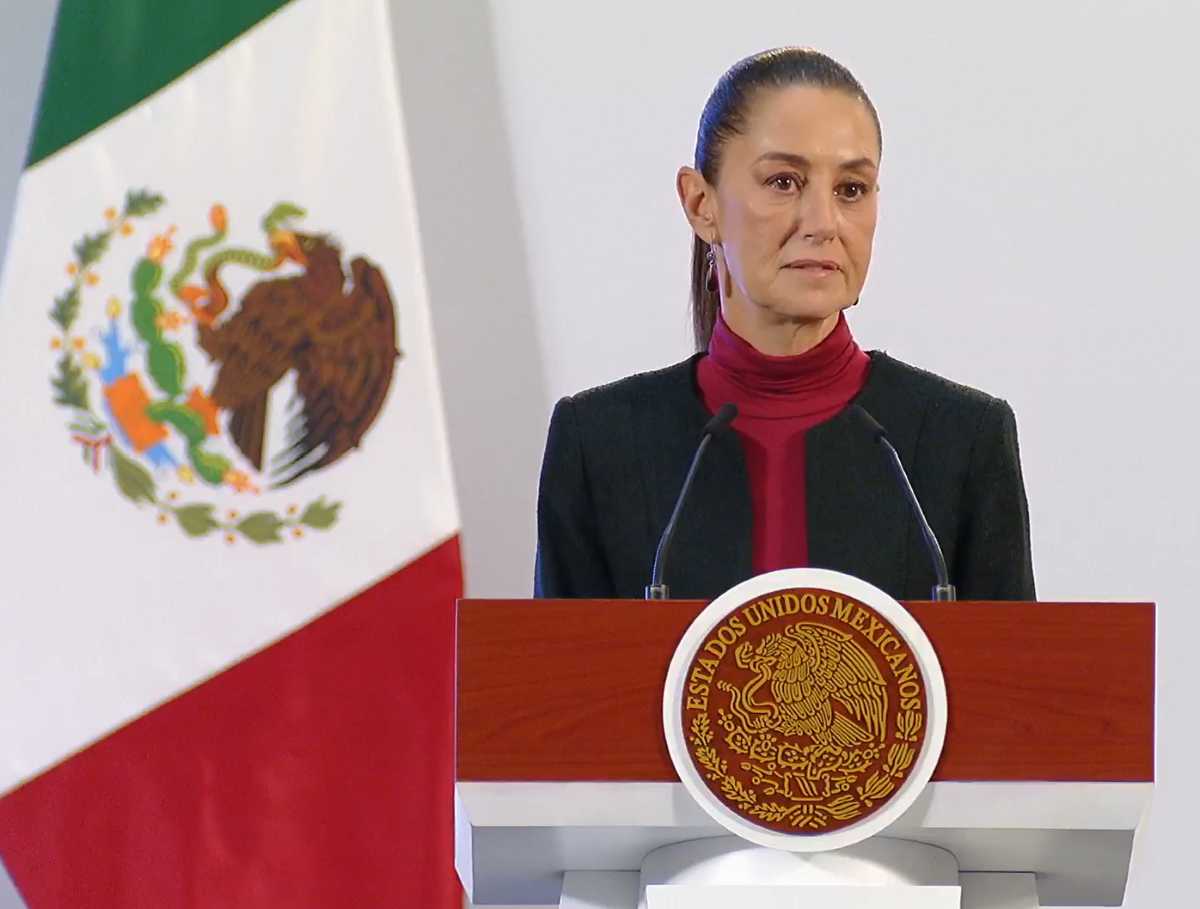How Sheinbaum's Administration Tackles Education Reform While Defending Judicial Changes
At Monday's People's Morning Conference, President Claudia Sheinbaum announced the launch of the "Rita Cetina" scholarship for 5.6 million high school students, starting November 11. She also addressed concerns over judicial reform.

In a characteristically assertive address this Monday, President Claudia Sheinbaum Pardo outlined several major initiatives during the People's Morning Conference, spanning from educational reforms to legal battles that have captured national attention. Key among these was the eagerly awaited announcement concerning the “Rita Cetina” Universal Basic Education Scholarship, as well as pointed remarks on the forthcoming Supreme Court decision regarding judicial reforms. President Sheinbaum’s rhetoric exuded confidence, punctuated by a resolute message of preparedness, underscoring her administration’s steadfast resolve to advance critical national projects.
Mario Delgado, Secretary of Public Education, took centre stage to unveil a transformative new initiative aimed at bolstering access to education for millions of Mexican youths. Speaking with palpable urgency, Delgado revealed that beginning Monday, November 11, high school students will have the opportunity to register for the “Rita Cetina” Universal Basic Education Scholarship. This landmark programme is intended to alleviate the economic pressures facing families, thereby ensuring that students are not forced to abandon their academic pursuits for financial reasons.




